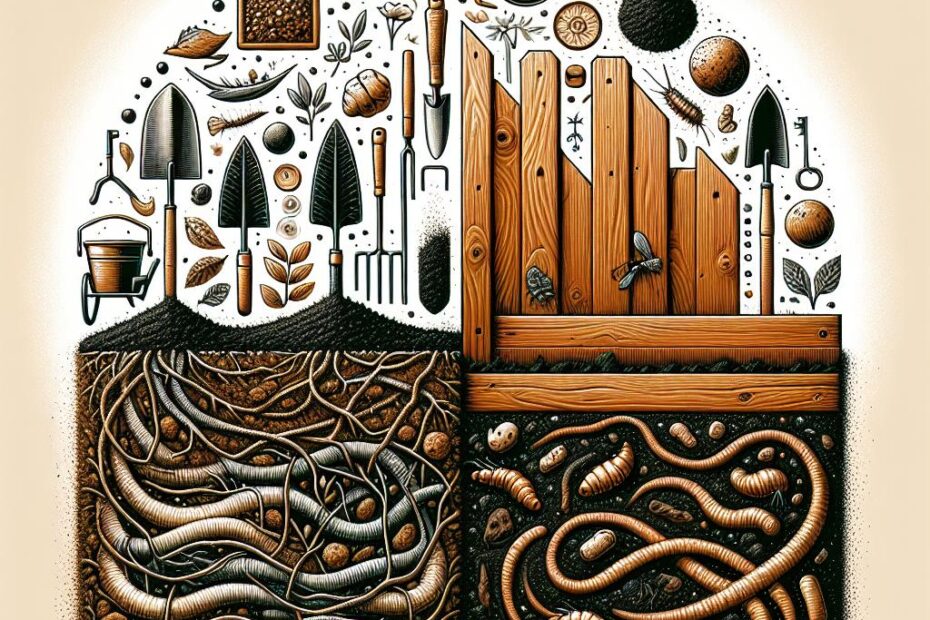Garden Soil vs Raised Bed Soil: Understanding the Difference
When it comes to gardening, one of the key factors in ensuring healthy plant growth is the quality of the soil. Whether you’re planning to start a traditional garden or a raised bed garden, choosing the right type of soil is essential for success. In this article, we will delve into the differences between garden soil and raised bed soil, and help you determine which one is right for your gardening needs.
What is Garden Soil?
Garden soil, also known as in-ground soil, is the natural soil found in your yard or garden. It is typically a mixture of sand, silt, clay, and organic matter, which provides nutrients and support for plant growth. Garden soil can vary greatly in quality depending on the region and specific location within your property.
Pros of Garden Soil:
Contains a diverse range of beneficial microorganisms
Less expensive than purchasing soil for raised beds
Cons of Garden Soil:
May contain contaminants or pests
Poor drainage or compaction issues in some areas
What is Raised Bed Soil?
Raised bed soil is a blend of different soil components specifically designed for use in raised bed gardens. It is typically a mix of topsoil, compost, peat moss, and other organic materials that are carefully selected to provide optimal growing conditions for plants. Raised bed soil is often lighter, fluffier, and more nutrient-rich than garden soil, making it ideal for growing a wide variety of vegetables, flowers, and herbs.
Pros of Raised Bed Soil:
Provides excellent drainage and aeration for plant roots
Reduced risk of soil compaction compared to garden soil
Consistent texture and nutrient content for healthy plant growth
Cons of Raised Bed Soil:
More expensive than using existing garden soil
May require regular amending or replenishing to maintain fertility
Benefits and Practical Tips
When deciding between garden soil and raised bed soil, consider the following benefits and practical tips to help you make the best choice for your garden:
Raised bed soil is ideal for areas with poor soil quality or limited space for traditional gardening
Garden soil can be improved through regular amendments such as compost, mulch, and organic fertilizers
Consider conducting a soil test to determine the pH levels, nutrient content, and drainage properties of your existing soil
Rotate crops regularly and practice companion planting to maintain soil health and prevent nutrient depletion in both garden soil and raised bed soil
Case Study: Comparing Growth Results
In a side-by-side comparison, a gardener decided to plant tomatoes in both garden soil and raised bed soil to observe the differences in plant growth and productivity. After several months of monitoring, here are the results:
Tomatoes planted in raised bed soil exhibited faster growth rates, larger fruit production, and healthier foliage compared to those planted in garden soil
Garden soil tomatoes displayed signs of nutrient deficiencies, slower growth, and increased susceptibility to pests and diseases
Overall, the raised bed soil provided superior growing conditions for the tomatoes, resulting in a bountiful harvest at the end of the season.
Conclusion
In conclusion, the choice between garden soil and raised bed soil ultimately depends on your specific gardening goals, budget, and environmental conditions. While garden soil is a natural option that can be improved over time, raised bed soil offers immediate benefits in terms of soil structure, drainage, and nutrient availability. By understanding the differences between the two options and considering the unique needs of your garden, you can create a thriving growing environment for your plants. Remember to monitor soil health, rotate crops, and practice proper garden maintenance to ensure long-term success in your gardening endeavors.
